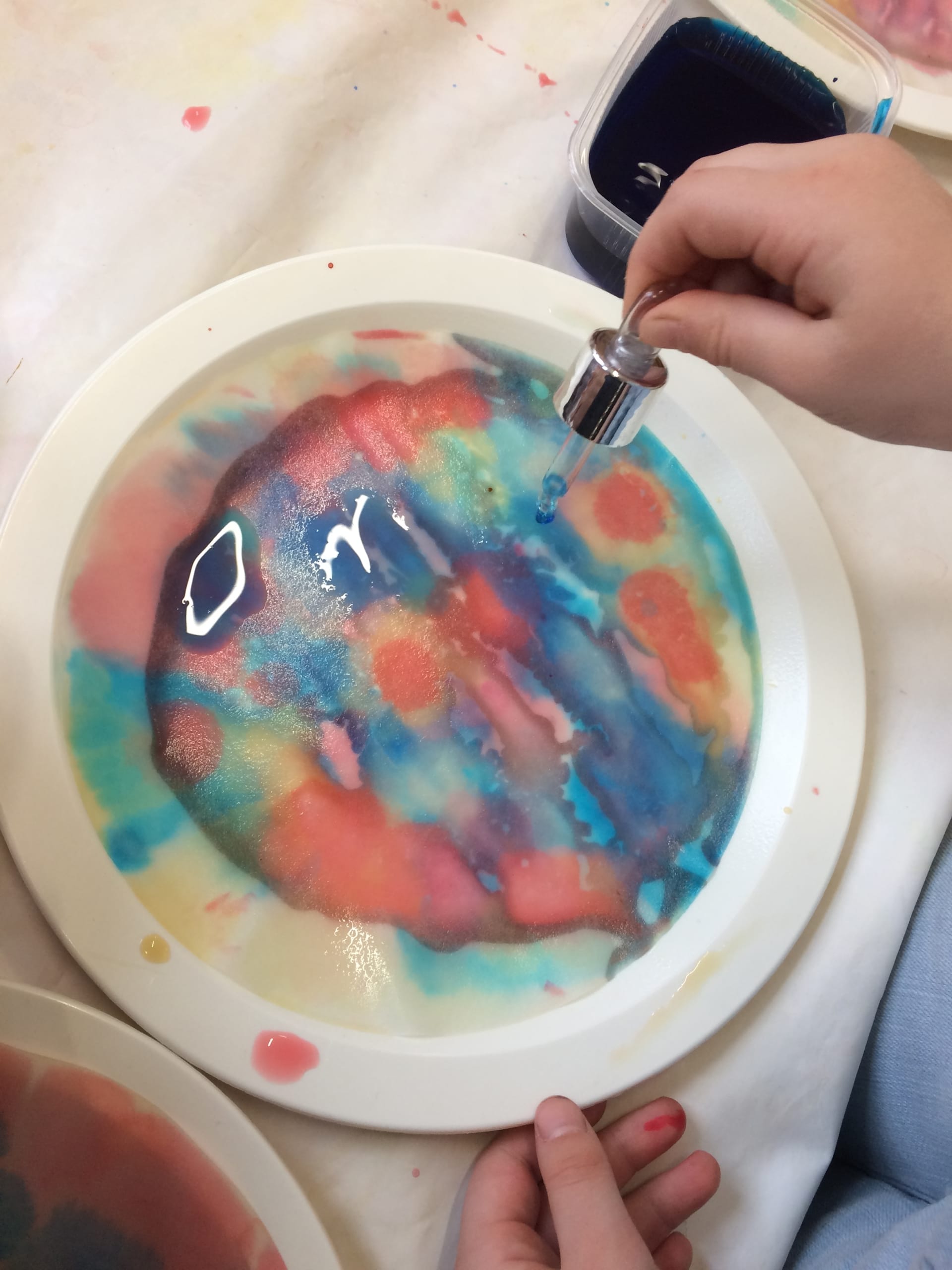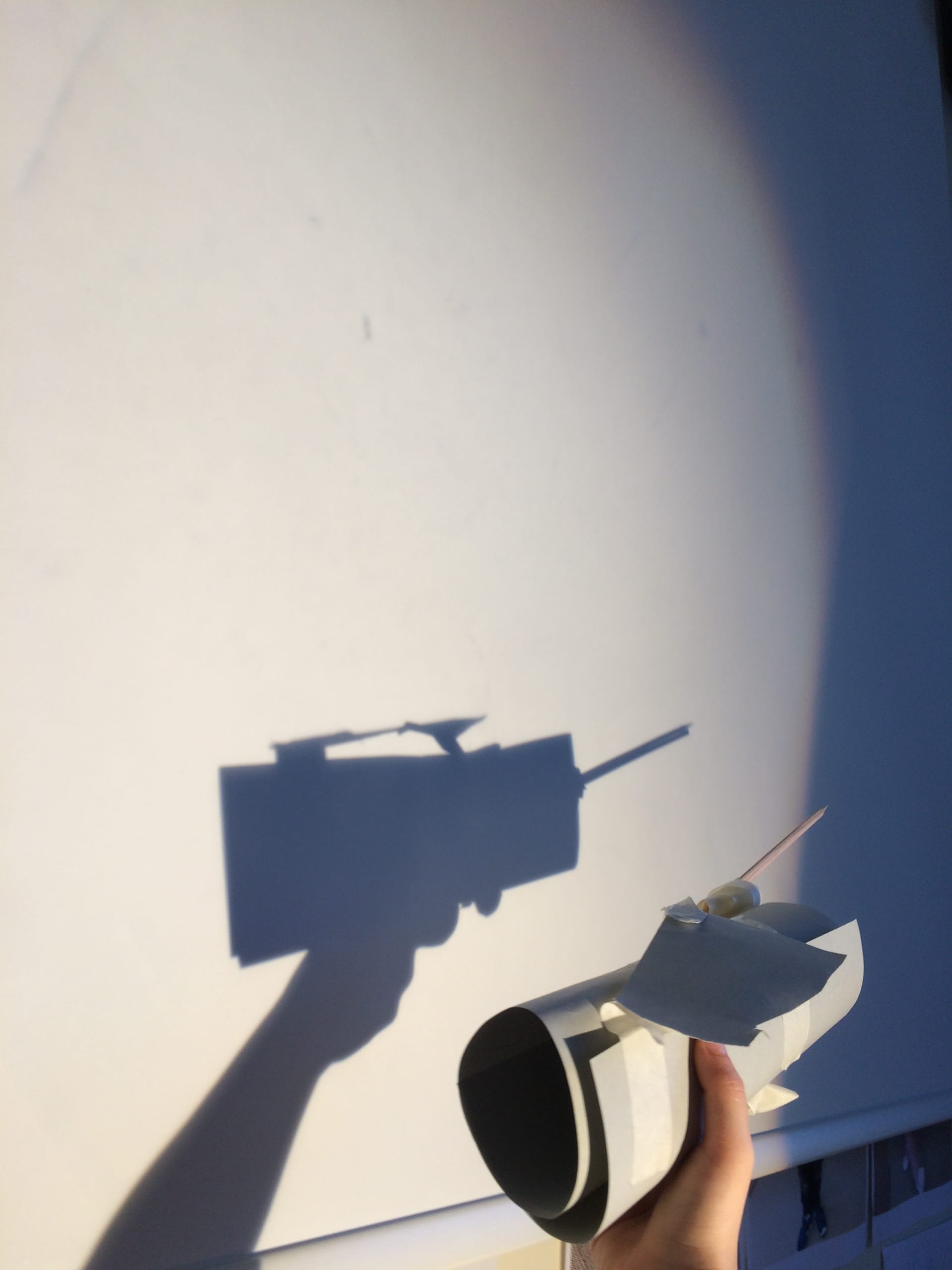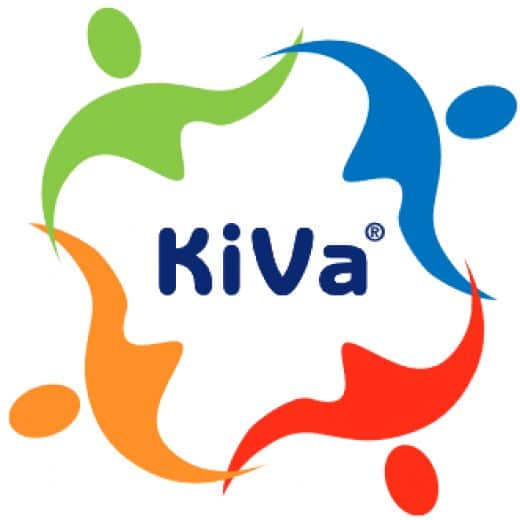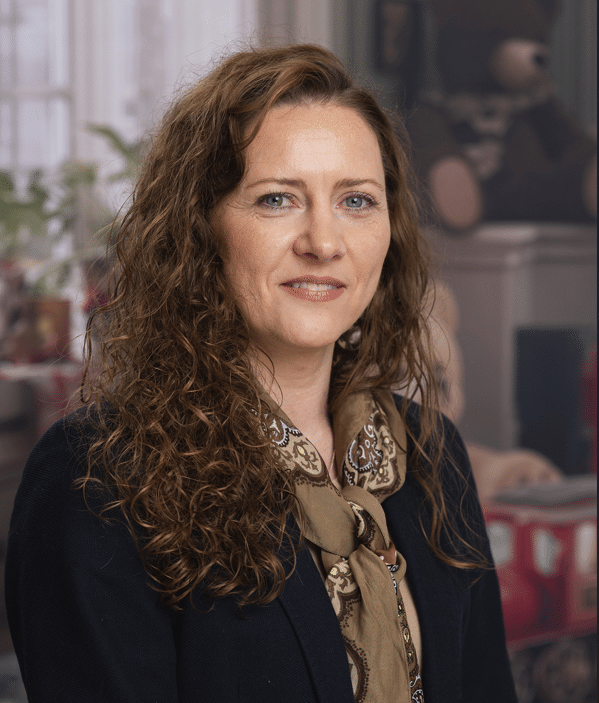Instilling the joy of Science in Early Years Education: a teacher’s perspectiveby Loransa Gīze, Early Years teacher
Has your child ever asked you questions such as ‘What is wind?’ and ‘Where do the rain and snow come from?’ How can you explain these things to your child? How can children find answers to these questions by themselves? Learning Science provides the answers to many of the questions that young children ask, such as ‘Why is the sky blue?’
There are many reasons why learning about science in early years is essential and meaningful. It instills a joy of science. Supporting and directing a child’s natural curiosity about the world and offering amazing science experiences in early childhood education will inspire young learners to want to learn more and explore on their own. Very young learners enjoy learning about science by taking part in active and fun hands-on experiences. Early Years students like physical and tactile explorations-the messier the better! Making play dough or playing with water! Language development is also being supported by exploring science experiments. Through science experiments and shared observations, young learners develop and expand their vocabulary by adding new words to it. Learning about science develops life-skills such as communication, research and problem-solving. These skills help very young learners to generate ideas, make decisions and to use evidence to understand and explain scientific processes. It encourages inquiry and develops critical thinking skills for Early Years students because inquiry is a fundamental part to science education and practice. Critical thinking skills develop curiosity and allow children to find meaning in their learning and make real-world connections. Learning Science in Early Years can be so exciting! Are you ready to join?
|










